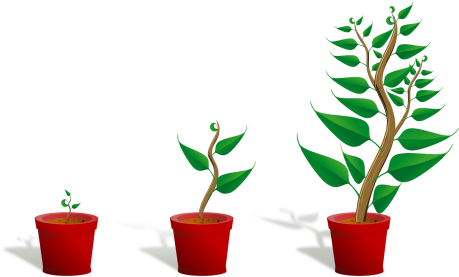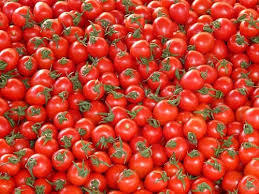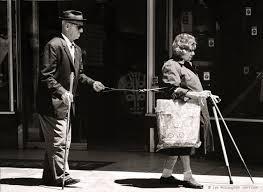Grigory Perelman is:
- A Russian, born in 1966.
- Careful, disciplined and precise in his thinking, ever since his childhood. Since a young age, he’s already quite uninterested in the “real” world, because the only world to him is Math.
- Won IMO 1982’s gold medal – and he’s known for “there is no Math question he can’t solve” (I guess, no high school Math question).
- A geometry type of Mathematician: he solves problems using shapes, drawing lines, etc. This explains why he’s born for Topology, a field of Math that concerns a lot of shapes and dimensions.
Continue reading Perelman – The Math Genius Who rejected the Fields Prize



